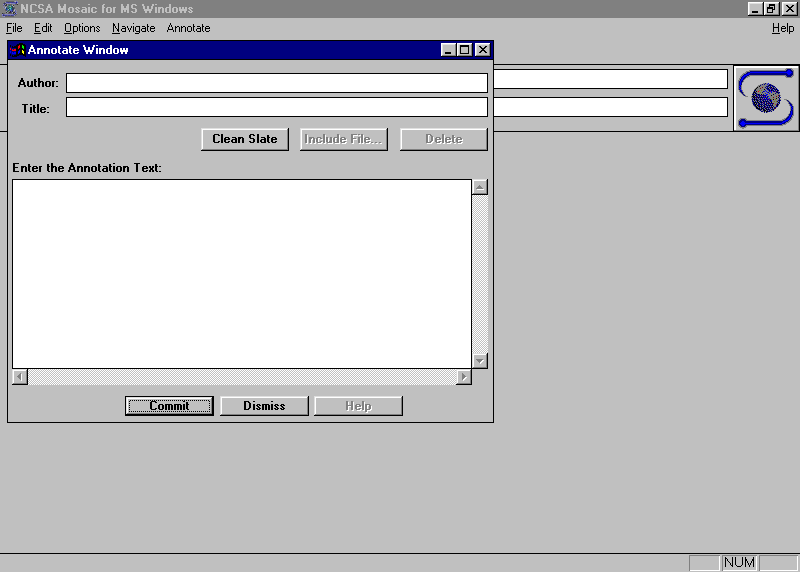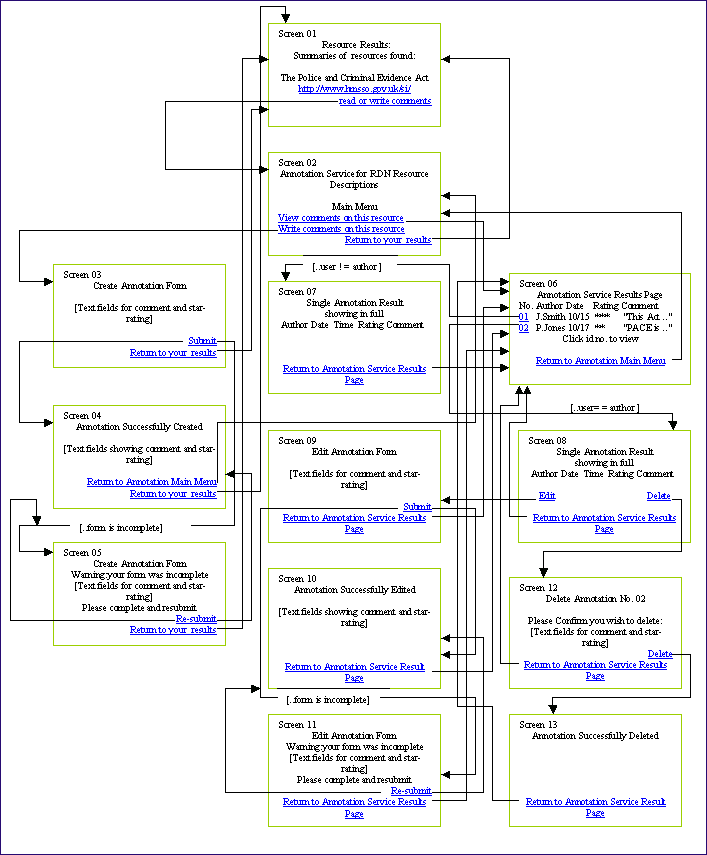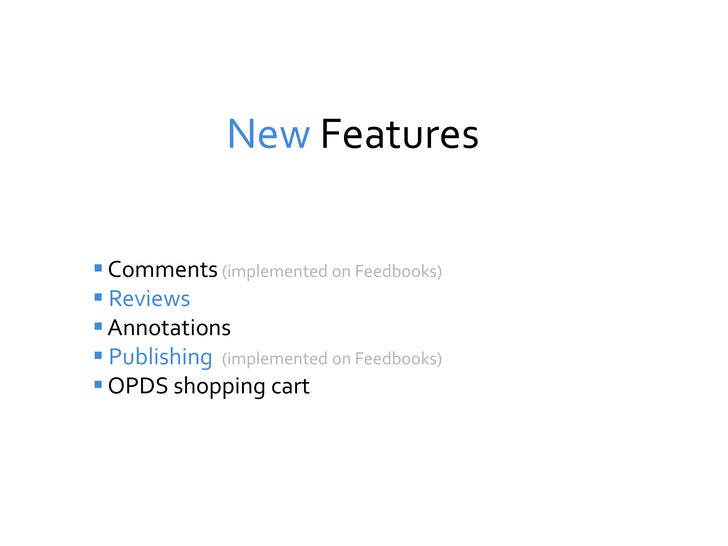```js
/
Adapted from:
https://github.com/openannotation/annotator/blob/v1.2.x/src/plugin/document.coffee
Annotator v1.2.10
https://github.com/openannotation/annotator
Copyright 2015, the Annotator project contributors.
Dual licensed under the MIT and GPLv3 licenses.
https://github.com/openannotation/annotator/blob/master/LICENSE
/
/*
* nb. The DocumentMetadata type is renamed to avoid a conflict with the
* DocumentMetadata class below.
*
* @typedef {import('../../types/annotator').DocumentMetadata} Metadata
/
import { normalizeURI } from '../util/url';
/*
* @typedef Link
* @prop {string} link.href
* @prop {string} [link.rel]
* @prop {string} [link.type]
/
/*
* Extension of the Metadata type with non-optional fields for dc, eprints etc.
*
* @typedef HTMLDocumentMetadata
* @prop {string} title
* @prop {Link[]} link
* @prop {Record<string, string[]>} dc
* @prop {Record<string, string[]>} eprints
* @prop {Record<string, string[]>} facebook
* @prop {Record<string, string[]>} highwire
* @prop {Record<string, string[]>} prism
* @prop {Record<string, string[]>} twitter
* @prop {string} [favicon]
* @prop {string} [documentFingerprint]
/
/
* HTMLMetadata reads metadata/links from the current HTML document.
*/
export class HTMLMetadata {
/
* @param {object} [options]
* @param {Document} [options.document]
*/
constructor(options = {}) {
this.document = options.document || document;
}
/*
* Returns the primary URI for the document being annotated
*
* @return {string}
/
uri() {
let uri = decodeURIComponent(this._getDocumentHref());
// Use the `link[rel=canonical]` element's href as the URL if present.
const links = this._getLinks();
for (let link of links) {
if (link.rel === 'canonical') {
uri = link.href;
}
}
return uri;
}
/
* Return metadata for the current page.
*
* @return {HTMLDocumentMetadata}
*/
getDocumentMetadata() {
/ @type {HTMLDocumentMetadata} */
const metadata = {
title: document.title,
link: [],
dc: this._getMetaTags('name', 'dc.'),
eprints: this._getMetaTags('name', 'eprints.'),
facebook: this._getMetaTags('property', 'og:'),
highwire: this._getMetaTags('name', 'citation_'),
prism: this._getMetaTags('name', 'prism.'),
twitter: this._getMetaTags('name', 'twitter:'),
};
const favicon = this._getFavicon();
if (favicon) {
metadata.favicon = favicon;
}
metadata.title = this._getTitle(metadata);
metadata.link = this._getLinks(metadata);
const dcLink = metadata.link.find(link => link.href.startsWith('urn:x-dc'));
if (dcLink) {
metadata.documentFingerprint = dcLink.href;
}
return metadata;
}
/
* Return an array of all the content values of <meta> tags on the page
* where the value of the attribute begins with <prefix>.
*
* @param {string} attribute
* @param {string} prefix - it is interpreted as a regex
* @return {Record<string,string[]>}
*/
_getMetaTags(attribute, prefix) {
/ @type {Record<string,string[]>} */
const tags = {};
for (let meta of Array.from(this.document.querySelectorAll('meta'))) {
const name = meta.getAttribute(attribute);
const { content } = meta;
if (name && content) {
const match = name.match(RegExp(^${prefix}(.+)$, 'i'));
if (match) {
const key = match[1].toLowerCase();
if (tags[key]) {
tags[key].push(content);
} else {
tags[key] = [content];
}
}
}
}
return tags;
}
/* @param {HTMLDocumentMetadata} metadata /
_getTitle(metadata) {
if (metadata.highwire.title) {
return metadata.highwire.title[0];
} else if (metadata.eprints.title) {
return metadata.eprints.title[0];
} else if (metadata.prism.title) {
return metadata.prism.title[0];
} else if (metadata.facebook.title) {
return metadata.facebook.title[0];
} else if (metadata.twitter.title) {
return metadata.twitter.title[0];
} else if (metadata.dc.title) {
return metadata.dc.title[0];
} else {
return this.document.title;
}
}
/
* Get document URIs from <link> and <meta> elements on the page.
*
* @param {Pick<HTMLDocumentMetadata, 'highwire'|'dc'>} [metadata] -
* Dublin Core and Highwire metadata parsed from <meta> tags.
* @return {Link[]}
*/
_getLinks(metadata = { dc: {}, highwire: {} }) {
/ @type {Link[]} */
const links = [{ href: this._getDocumentHref() }];
// Extract links from `<link>` tags with certain `rel` values.
const linkElements = Array.from(this.document.querySelectorAll('link'));
for (let link of linkElements) {
if (
!['alternate', 'canonical', 'bookmark', 'shortlink'].includes(link.rel)
) {
continue;
}
if (link.rel === 'alternate') {
// Ignore RSS feed links.
if (link.type && link.type.match(/^application\/(rss|atom)\+xml/)) {
continue;
}
// Ignore alternate languages.
if (link.hreflang) {
continue;
}
}
try {
const href = this._absoluteUrl(link.href);
links.push({ href, rel: link.rel, type: link.type });
} catch (e) {
// Ignore URIs which cannot be parsed.
}
}
// Look for links in scholar metadata
for (let name of Object.keys(metadata.highwire)) {
const values = metadata.highwire[name];
if (name === 'pdf_url') {
for (let url of values) {
try {
links.push({
href: this._absoluteUrl(url),
type: 'application/pdf',
});
} catch (e) {
// Ignore URIs which cannot be parsed.
}
}
}
// Kind of a hack to express DOI identifiers as links but it's a
// convenient place to look them up later, and somewhat sane since
// they don't have a type.
if (name === 'doi') {
for (let doi of values) {
if (doi.slice(0, 4) !== 'doi:') {
doi = `doi:${doi}`;
}
links.push({ href: doi });
}
}
}
// Look for links in Dublin Core data
for (let name of Object.keys(metadata.dc)) {
const values = metadata.dc[name];
if (name === 'identifier') {
for (let id of values) {
if (id.slice(0, 4) === 'doi:') {
links.push({ href: id });
}
}
}
}
// Look for a link to identify the resource in Dublin Core metadata
const dcRelationValues = metadata.dc['relation.ispartof'];
const dcIdentifierValues = metadata.dc.identifier;
if (dcRelationValues && dcIdentifierValues) {
const dcUrnRelationComponent =
dcRelationValues[dcRelationValues.length - 1];
const dcUrnIdentifierComponent =
dcIdentifierValues[dcIdentifierValues.length - 1];
const dcUrn =
'urn:x-dc:' +
encodeURIComponent(dcUrnRelationComponent) +
'/' +
encodeURIComponent(dcUrnIdentifierComponent);
links.push({ href: dcUrn });
}
return links;
}
_getFavicon() {
let favicon = null;
for (let link of Array.from(this.document.querySelectorAll('link'))) {
if (['shortcut icon', 'icon'].includes(link.rel)) {
try {
favicon = this._absoluteUrl(link.href);
} catch (e) {
// Ignore URIs which cannot be parsed.
}
}
}
return favicon;
}
/*
* Convert a possibly relative URI to an absolute one. This will throw an
* exception if the URL cannot be parsed.
*
* @param {string} url
/
_absoluteUrl(url) {
return normalizeURI(url, this.document.baseURI);
}
// Get the true URI record when it's masked via a different protocol.
// This happens when an href is set with a uri using the 'blob:' protocol
// but the document can set a different uri through a <base> tag.
_getDocumentHref() {
const { href } = this.document.location;
const allowedSchemes = ['http:', 'https:', 'file:'];
// Use the current document location if it has a recognized scheme.
const scheme = new URL(href).protocol;
if (allowedSchemes.includes(scheme)) {
return href;
}
// Otherwise, try using the location specified by the <base> element.
if (
this.document.baseURI &&
allowedSchemes.includes(new URL(this.document.baseURI).protocol)
) {
return this.document.baseURI;
}
// Fall back to returning the document URI, even though the scheme is not
// in the allowed list.
return href;
}
}
```








